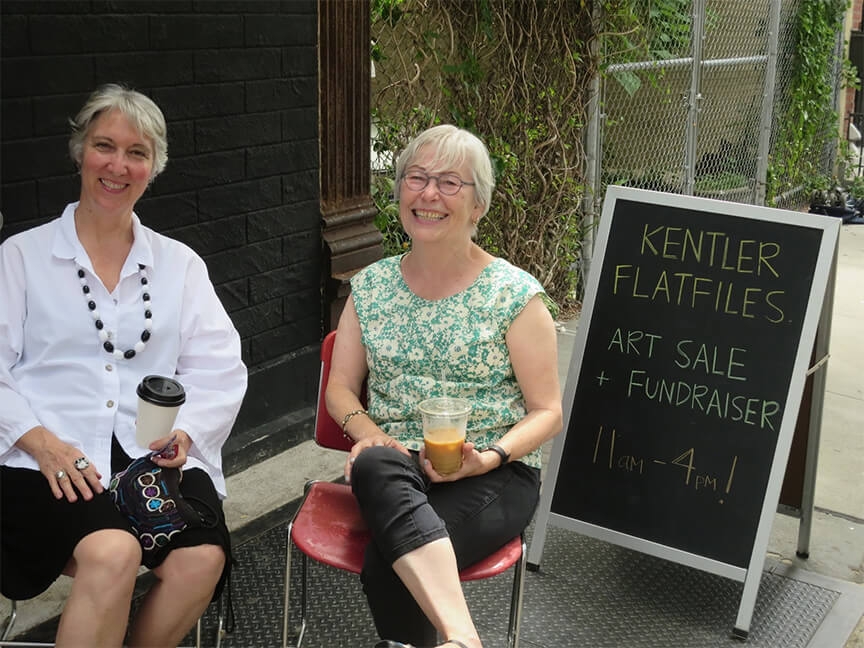Park Stickney is a harpist who lives in Switzerland and Sunset Park. He played recently in a Sunset Park bar, solo, duet and in trio* all together a set of jazz infused miracles. His banter was almost as captivating as his music, and another of his gifts which he freely shared, The performances were a rich alchemical mix and transformed the Autumn evening into a spiritual and intellectual voyage. As the night began to arc he talked about the cultural desert of his Arizona childhood and how he had discovered the wonders of a Rubik’s cube which came to symbolize his escape and journey to a life in art. Audience members scrambled the cube he handed them and his last piece involved the performance of a beautiful and complex algorithm inspired composition played with his right hand and the solution of the Rubik’s cube with his left while explaining (as geniuses sometimes do) how simplicity is likely the most desirable outcome of art.
As an example of complexity resolved and made whole I can think of no better recent example than the 100 Works on Paper exhibition which benefits the programs at the Kentler International Drawing Space. Works came from around the globe from artists who contributed their work in support and solidarity. It is apparent that small works do not mean small ambitions. On October 19 after a month-long run in the gallery the exhibition officially closed with a gala celebration which itself concluded with a Dutch style auction . Actually, well over 100 artists contributed small works on paper bringing together a focused and wide ranging examination of the current practice of drawing. It is in effect, the Kentler’s annual “mission” statement and was the finest of the many I have seen over the years, Now in its 34th year in the neighborhood providing an exemplary outlet for the art of drawing, Florence Neal co-founded the space in 1990. and this year Florence announced her stepping down from the executive director position. The artists’ contributions this year seemed uniquely tailored to exemplify her long tutelage and singular vision. And the exhibition had a marvelous gestalt that held together the ever growing range of expressive possibilities of making marks on paper.
Donors purchased tickets and through a random “drawing” were assigned a selection order. As the night progresses and artworks are ceremoniously plucked from the exhibition the walls and the crowd both thinned to reveal the few unchosen orphans left scattered around the gallery. The erasure reveals a new range of meaning and the room seemed possessed of a strange kind of image-architecture which to this viewer revealed another simplification that asks a simple question; Are we looking at the art?, Or are we looking at the walls that surround all of us and hoping the art will show a way to overcome them and free ourselves?










